
Post by : Bianca Qureshi
Tesla, the famous electric car company led by Elon Musk, has changed the meaning of its "Full Self-Driving" (FSD) system. What was once advertised as a path to completely autonomous driving is now only a driver-assisted system that requires constant supervision. This shift has surprised many customers and industry observers, raising questions about Tesla’s promises and its marketing approach.
The Original FSD Promise
Since 2016, Tesla has promised that all its cars would eventually be capable of "unsupervised self-driving." This meant that Tesla vehicles could drive on their own, without the driver needing to intervene, allowing people to relax or even sleep while the car moved safely to their destination.
Elon Musk, the CEO of Tesla, repeatedly promised that this level of autonomy would be achieved “by the end” of each year starting in 2018. Tesla also sold the FSD package for prices up to $15,000, assuring customers that this package would gradually evolve into full self-driving through software updates.
Stay informed with the latest news. Follow DXB News Network on WhatsApp Channel
The idea was that as Tesla’s artificial intelligence (AI) system learned from real-world driving, the cars would eventually require no supervision at all.
Hardware Limitations
However, nearly ten years later, Tesla has confirmed that cars made between 2016 and 2023 do not have the necessary hardware to support fully autonomous driving. In simple terms, many Tesla vehicles simply were not equipped to drive themselves without human help, no matter what updates were installed.
Today, Tesla markets FSD as an advanced driver-assist system (ADAS). This means it helps the driver with tasks such as steering, braking, and lane changing, but the driver must always stay alert and ready to take control.
Critics have called the decade-long use of the term FSD as misleading, labeling it a "bait-and-switch" because the system sold under that name did not fulfill the original promises.
Supervised Driving Replaces Autonomy
Tesla has updated its language. It now sells the “Full Self-Driving (Supervised)” package. Every buyer is warned that the system is not autonomous, and no level of self-driving is guaranteed. Essentially, today’s FSD buyers are not purchasing full self-driving, but an advanced driving aid that still requires human attention.
Even Elon Musk has discussed the possibility of upgrading older cars to meet full autonomy standards, but no concrete plan exists, and customers have no certainty of receiving this upgrade.
CEO Pay and FSD Redefinition
Tesla’s board recently proposed an extraordinary compensation package for Elon Musk, potentially worth up to $1 trillion. One of the milestones that could trigger this pay is reaching "10 Million Active FSD Subscriptions."
Initially, it seemed that this milestone would reflect the delivery of true FSD capabilities. However, Tesla redefined FSD in the CEO compensation plan as:
"an advanced driving system, regardless of the marketing name used, that is capable of performing transportation tasks that provide autonomous or similar functionality under specified driving conditions."
This vague wording essentially allows Tesla to count any supervised driver-assist system as FSD, even though it is far from the original promise of fully autonomous driving.
This means Tesla no longer guarantees that owners could go to sleep and wake up at their destination. Instead, the system only assists drivers under specific conditions while requiring constant supervision.
Pricing Changes
With the redefinition of FSD, Tesla has lowered the price of the system. In 2023, FSD costs dropped by $7,000 from its previous peak. This price reduction coincides with a decline in Tesla’s sales, indicating the company’s strategy to attract more buyers despite not delivering true autonomy.
This approach mirrors past Tesla actions, where the company technically fulfilled promises in limited ways but fell short of public expectations. By redefining FSD, Tesla can continue selling it as a desirable package while avoiding delivering on the original autonomous driving promise.
Legal and Customer Concerns
The redefinition of FSD could open Tesla to legal challenges. Customers who purchased FSD expecting full autonomy might argue that they were misled by false advertising. If a class-action lawsuit arises, Tesla could face significant legal scrutiny.
Meanwhile, Musk’s potential $1-trillion compensation is tied to the vague concept of FSD functionality rather than true self-driving. This has caused controversy among investors and industry watchers.
Tesla’s FSD in China
Tesla has also begun rolling out driver-assistance updates in China. These updates allow cars to perform tasks such as recognizing traffic lights, making turns, changing lanes, and adjusting speed on city streets.
The update is available on vehicles equipped with Tesla’s latest HW 4.0 hardware, including the locally built Model Ys and Model 3s. Customers who paid 64,000 yuan ($8,800) for FSD can use these features.
However, even in China, Tesla does not advertise these updates as full self-driving. The system still requires the driver’s constant supervision and frequent interventions. Cameras monitor whether the driver is paying attention, and alerts are issued if the driver becomes distracted.
Elon Musk visited Beijing in 2024 to meet Chinese officials, including Premier Li Qiang, to discuss FSD deployment. Tesla partnered with Chinese tech company Baidu for mapping and navigation, while also ensuring compliance with data security and privacy rules.
Despite these efforts, Musk admitted that regulatory limits in both China and the United States continue to restrict FSD capabilities. Engineers are training the AI system using online videos of Chinese streets, but full autonomy is still not permitted.
Competition and the Industry Context
Driver-assist technology is becoming increasingly common in China. Competitor BYD has introduced its own systems, offering various levels of assistance starting at just 69,800 yuan. Tesla has not disclosed how many Chinese customers have purchased FSD, and uptake remains limited as regulatory approval is awaited.
The industry trend shows that while self-driving technology is advancing, fully autonomous vehicles are still largely aspirational, and Tesla is not alone in adjusting expectations.
Tesla has moved from promising true self-driving cars to offering a supervised driver-assist system. The term "Full Self-Driving" now describes technology that still requires human supervision and intervention.
Customers who bought FSD under earlier promises may feel misled, while Tesla’s board has redefined FSD to align with CEO compensation milestones. The changes, price adjustments, and redefinition of FSD highlight the gap between Tesla’s marketing promises and actual technological capabilities.
Even as Tesla expands driver-assist features in China, full autonomy remains unavailable. The story reflects broader industry challenges and raises questions about how self-driving technology is marketed, regulated, and understood by the public.
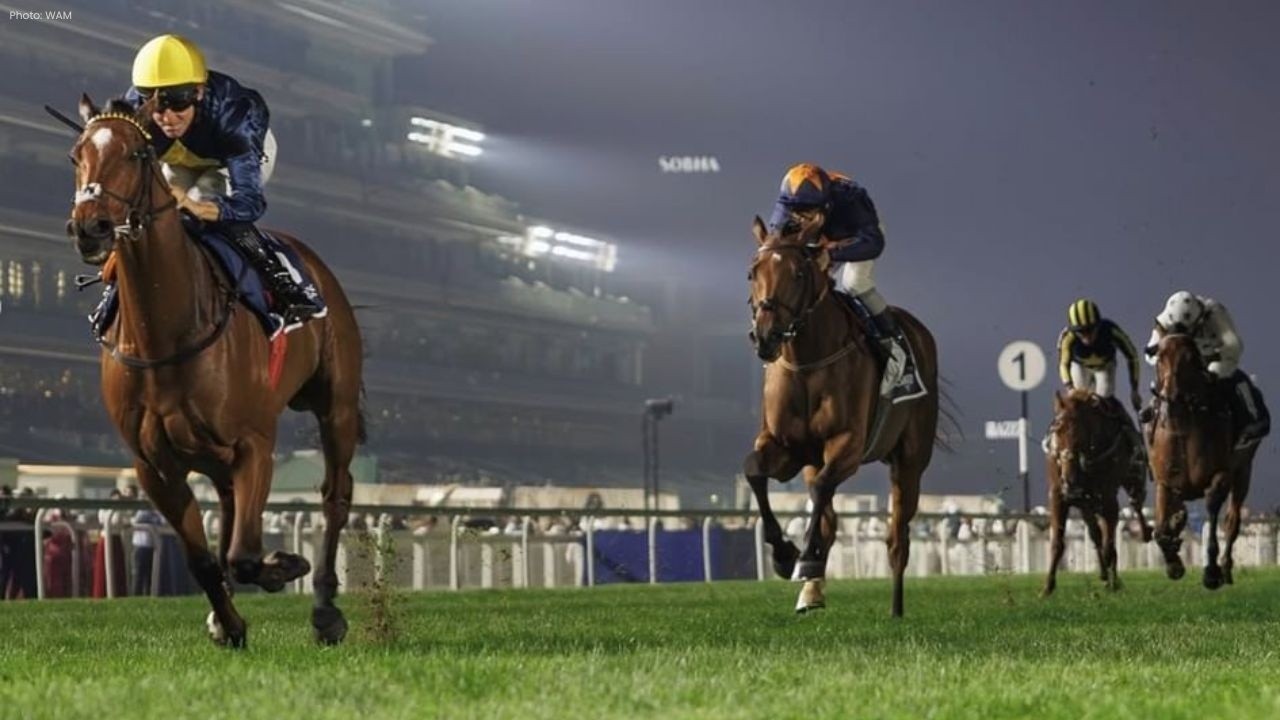
Dubai Racing Carnival Opens at Meydan with Top Horses
Dubai Racing Carnival begins at Meydan with 73 horses in 7 races, featuring top local and internatio
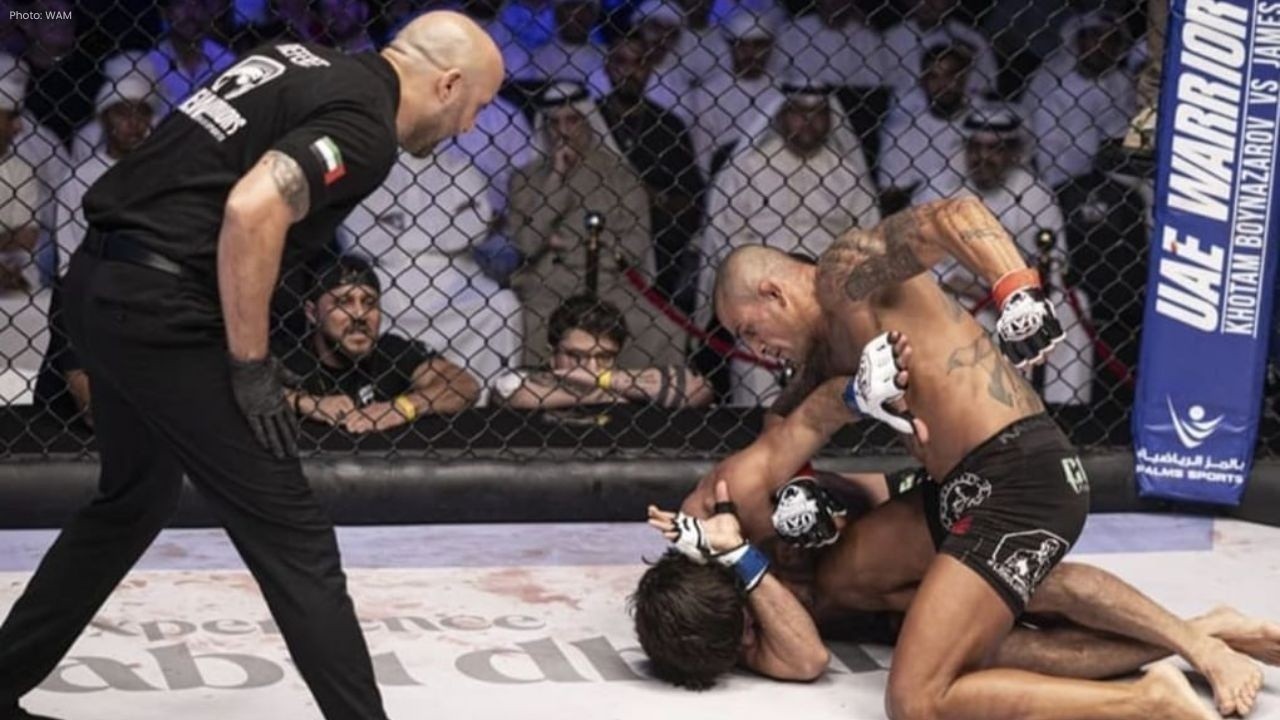
UAE Warriors 65 Set for Al Ain, Features Women’s World Title Fight
UAE Warriors 65 returns to Al Ain on Nov 15, featuring 13 MMA bouts, including a women’s world title
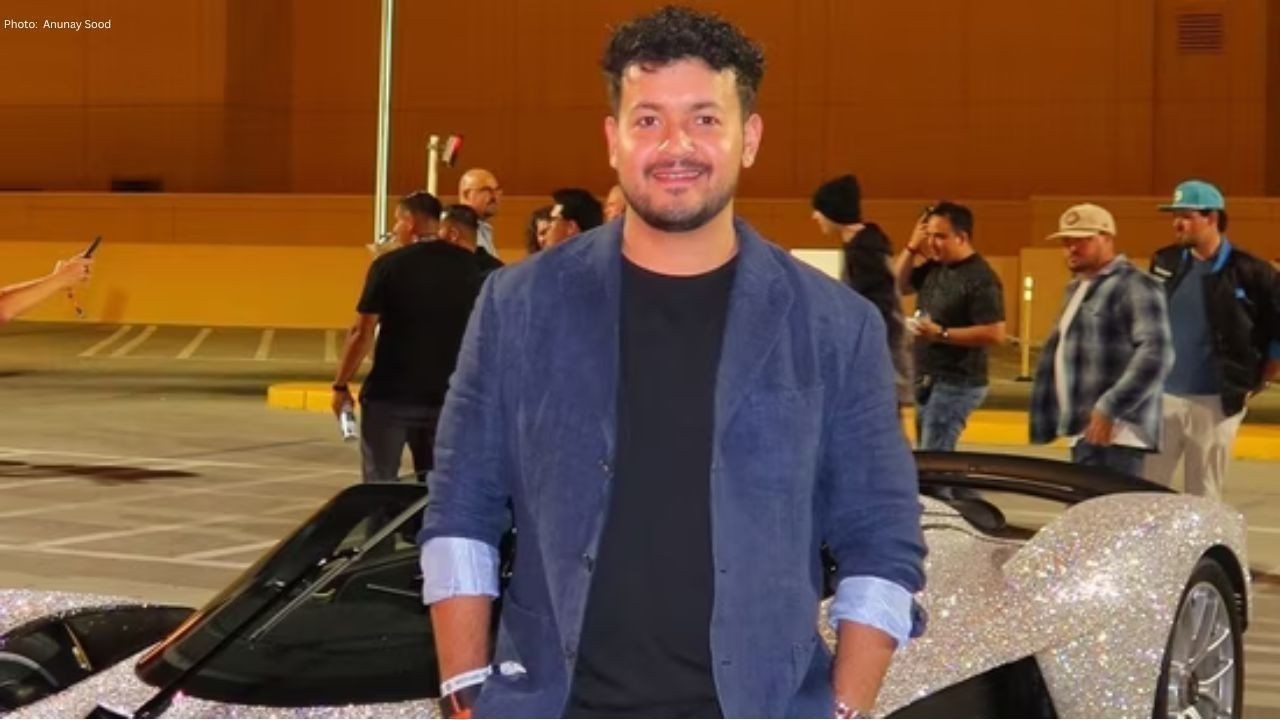
Travel Influencer Anunay Sood Dies at 32; Peers Remember His Energy and Spirit
Travel influencer Anunay Sood dies unexpectedly at 32. Fellow creators and adventurers remember his
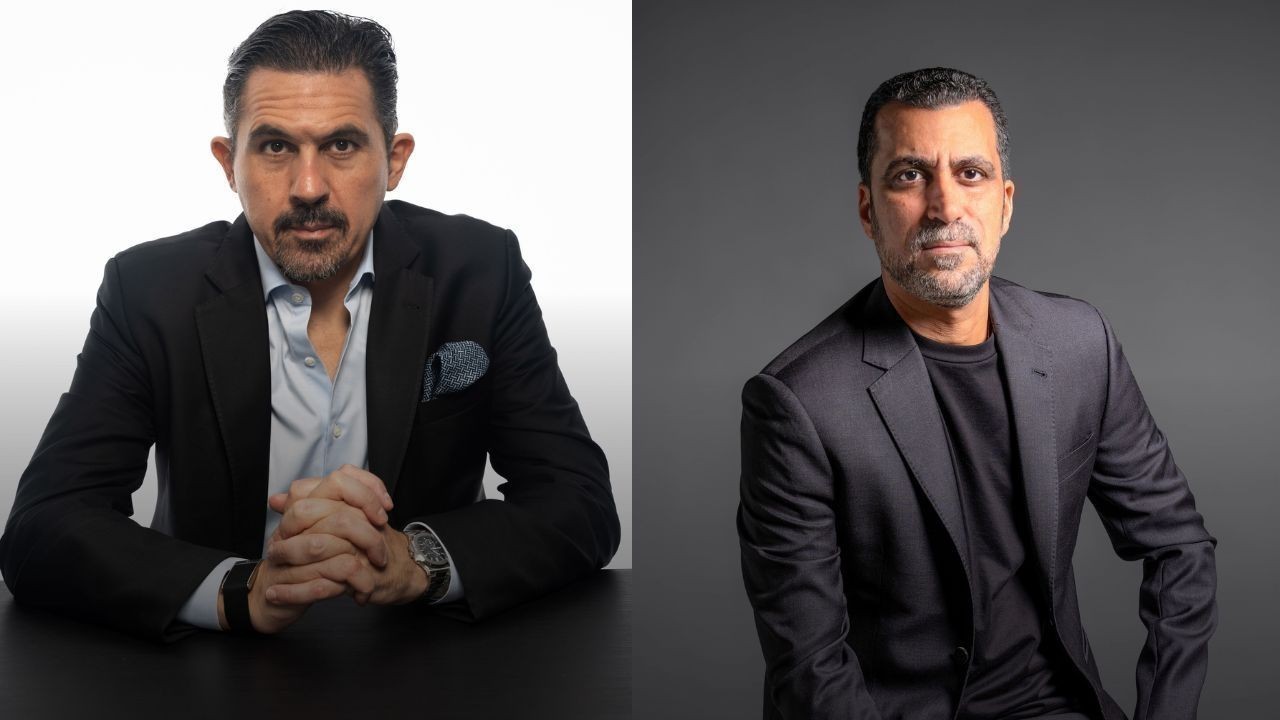
UAE Tops MENA in ESG Integration, Driving Sustainable Growth
UAE leads MENA in ESG adoption, with companies linking sustainability to business outcomes, employee
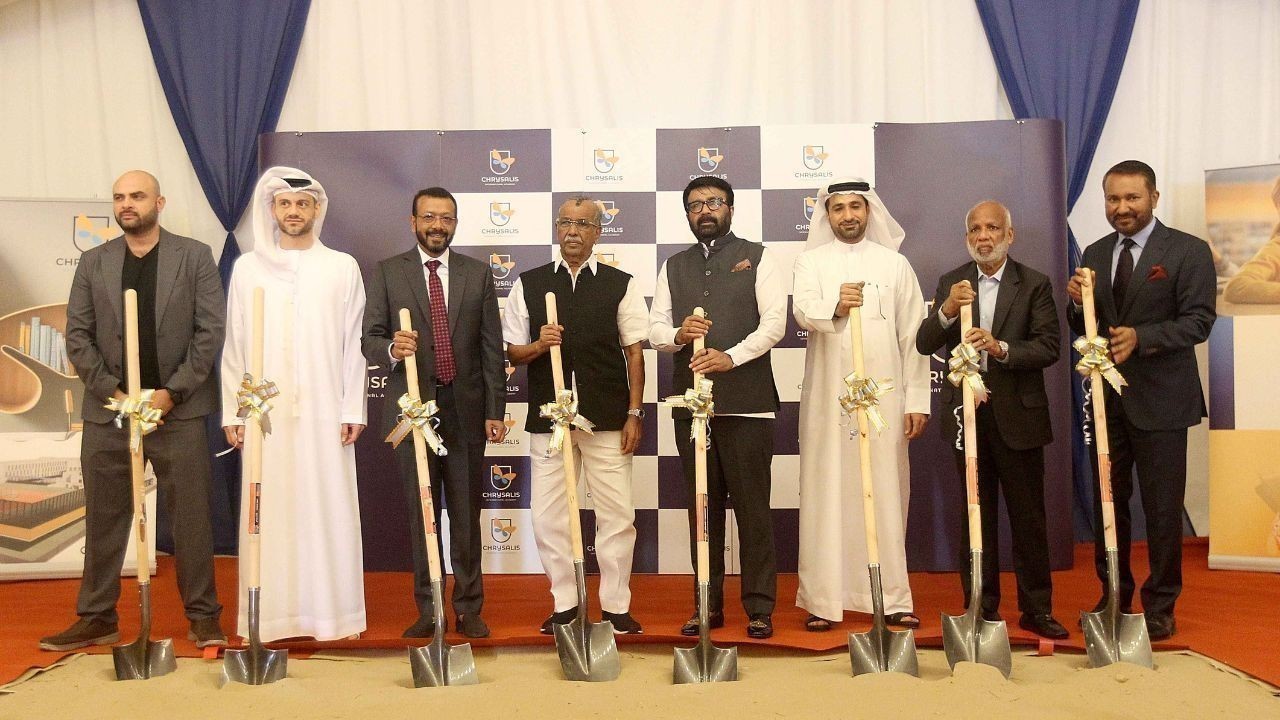
Chrysalis International Academy Ushers New Era in Dubai Schools
Nalapad Investments & MVK Holdings break ground on Chrysalis Academy in Dubailand, blending British
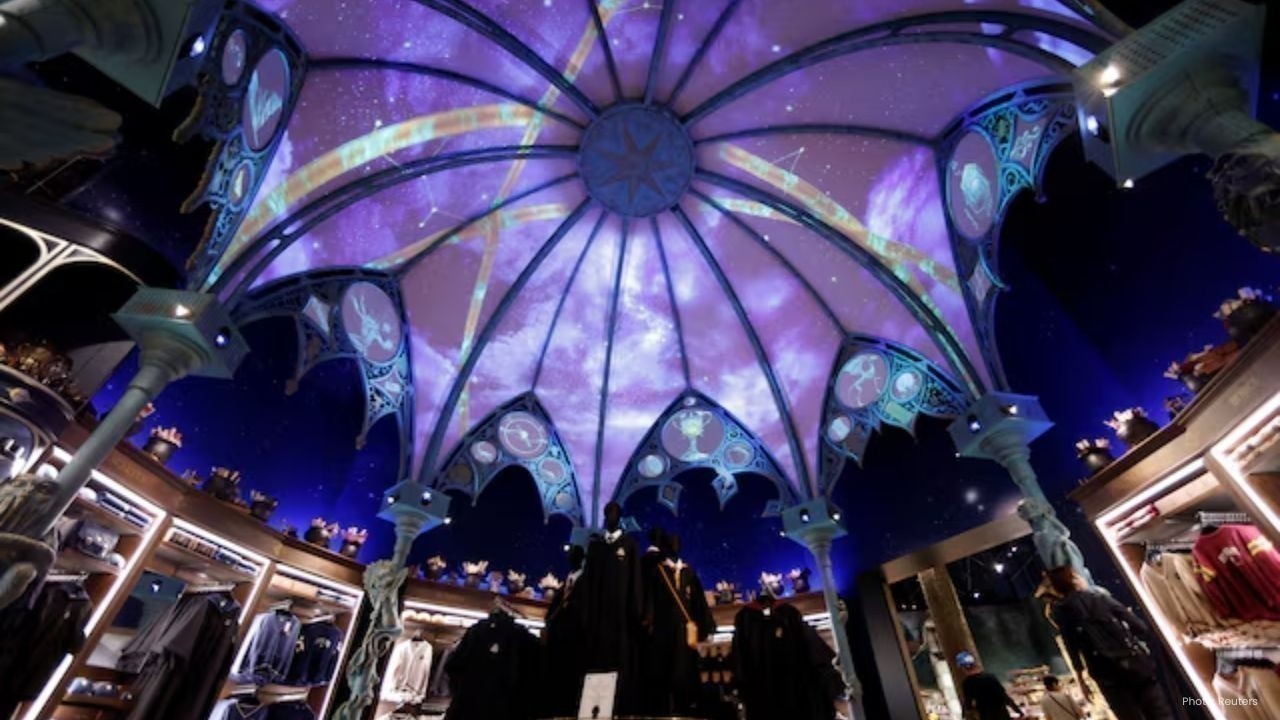
Warner Bros Discovery Q3 Revenue Misses Expectations
Warner Bros Discovery posts $9.05B Q3 revenue, falling short of estimates, driven by weak streaming

Soha Ali Khan Shares Fun & Rare Family Dinner Stories
Soha Ali Khan opens up about family dinners, her parents, and siblings, sharing rare anecdotes and i

The New Season Alert Maharani Season 4 Coming Soon
Maharani Season 4 arrives on SonyLIV with Huma Qureshi as Rani Bharti facing new rivals bold politic
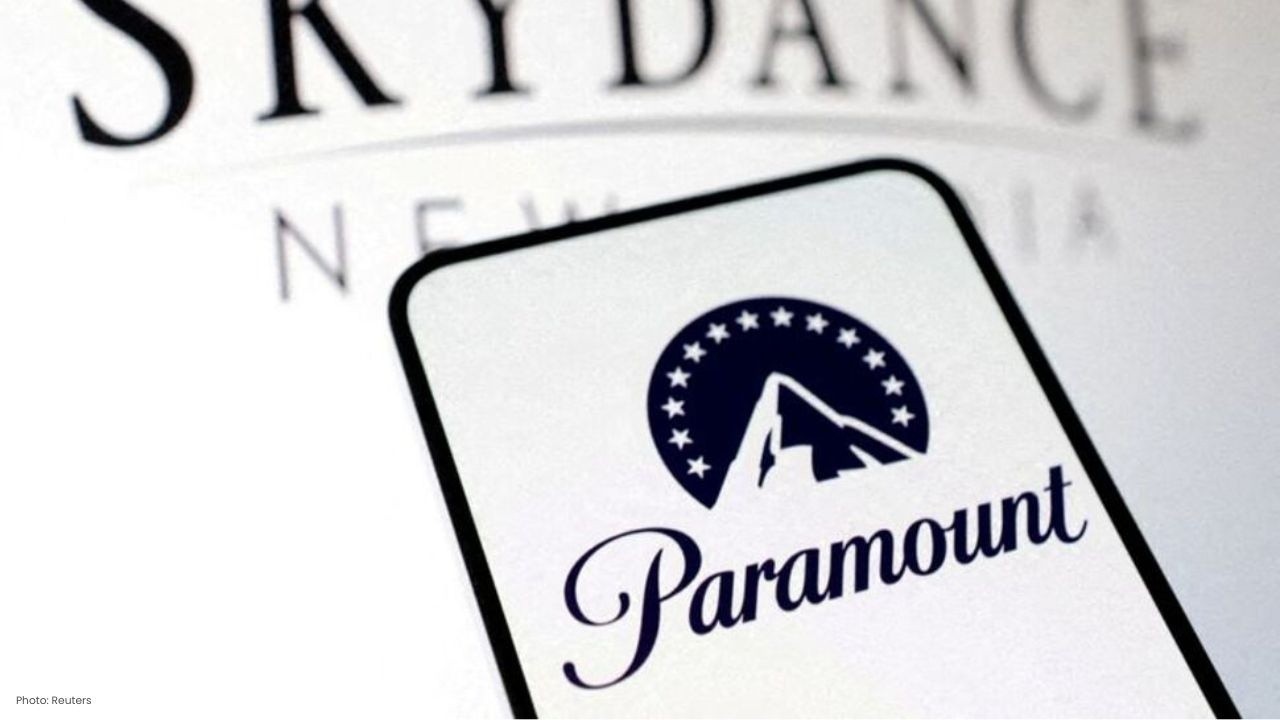
Paramount+ to Stream PBR’s Top Bull Riding Series in 2025
Paramount+ secures 5-year rights for PBR's "Unleash the Beast," streaming live across 17 states from

Zohran Mamdani Victory Speech Goes Bollywood with Dhoom Machale
Zohran Mamdani wins NYC mayor race, becoming the city’s first Muslim and South Asian mayor, making h

UAE Life High Stress 3 Simple Ways Expats Can Manage Pressure
Expats in the UAE face daily pressure and burnout Learn 3 simple effective ways to manage stress fin

Smart Meal Prep in Dubai Save Money Stay Healthy
Plan smart eat fresh Discover how meal prepping in Dubai helps you save money eat healthy and enjoy

The Ultimate Guide to Dieting in Dubai Keto vs Vegan vs Mediterranean
Discover Dubai’s top diet trends Keto Vegan and Mediterranean Find which plan fits your lifestyle f

Stay Fit in Dubai 7 Fun Outdoor Workouts Without a Gym
Explore 7 fun ways to stay fit in Dubai from beach runs to desert hikes and skyline yoga No gym nee

Beyond Biryani: Mastering Portion Control in Dubai’s Melting Pot of Cuisines
Discover how to enjoy Dubai’s diverse cuisines wisely Learn simple portion control tips to stay heal